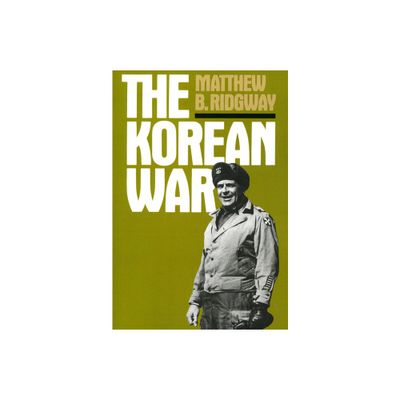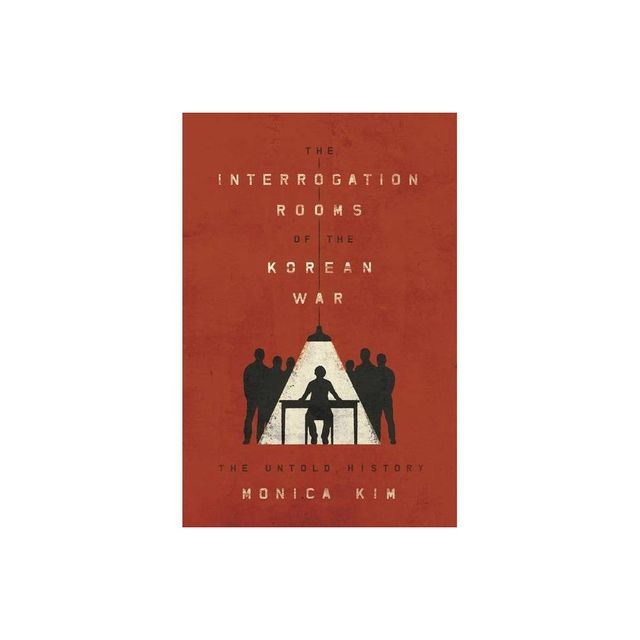Home
Sanctuary in the Korean War - A Manifestation of Political Restraint
Loading Inventory...
Barnes and Noble
Sanctuary in the Korean War - A Manifestation of Political Restraint
Current price: $14.95


Barnes and Noble
Sanctuary in the Korean War - A Manifestation of Political Restraint
Current price: $14.95
Loading Inventory...
Size: OS
*Product Information may vary - to confirm product availability, pricing, and additional information please contact Barnes and Noble
Technological advancements in airpower since World War II provide the United States with the theoretical ability to target enemies in any geographic area on earth. However, during numerous conflicts over the last 60 years, enemies of the U.S. have still enjoyed sanctuary due to political restraints placed on friendly military operations. The Korean War provides an excellent example of political restraints creating an enemy sanctuary. The U.S. military had the physical capability to target Chinese forces, particularly via airstrikes, yet it was politically restrained from doing so. The political restraints placed on U.S. military commanders restricted their ability to target the Manchurian sanctuary available to North Korean and Chinese forces. An examination of the events that shaped the strategic and operational environment prior to the Korean War reveals the problem facing the United States in 1950. The U.S. must find a way to counter the communist invasion of South Korea while avoiding a confrontation with the Union of Soviet Socialist Republics (USSR) in Europe. During the Korean War, U.S. political leaders restrained tactical operations in Korea to advance attainment of their grand strategic objectives in Europe. U.S. military commanders in Korea were politically restrained from conducting operations north of the Yalu River, which limited their ability to achieve their tactical objectives against North Korean and Chinese forces. The political restraints on U.S. military operations in Korea were designed to mitigate the risk of escalating conflict in Korea and thereby avoiding war with the Soviet Union in Western Europe.


















